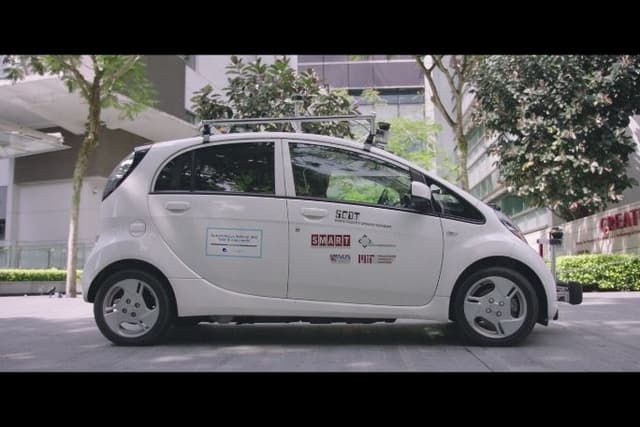
2040 - Talking About Transport
Lesson1 of 4 in this unit
PrimaryYear 5 - 6TechnologyDesign and TechnologiesEnvironmentalClimate ChangeSustainabilityEconomicIndustry, Innovation and Infrastructure
Summary
Lesson Guides and Printables
Lesson Plan

Student Worksheet

Teacher Content Info
